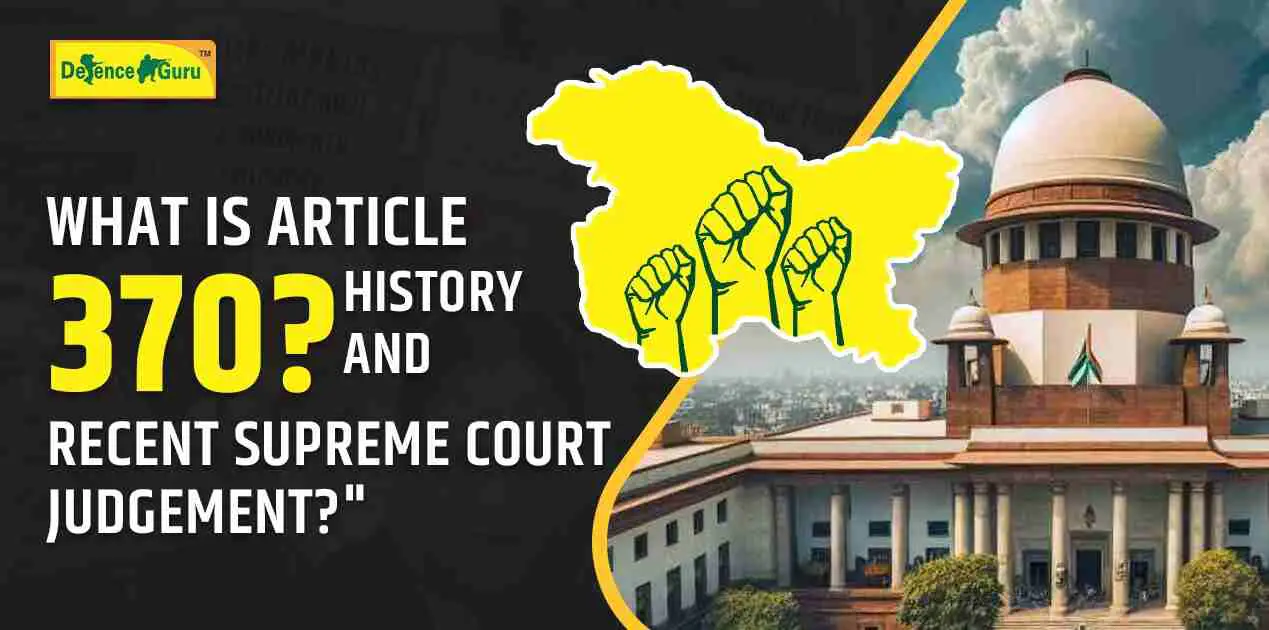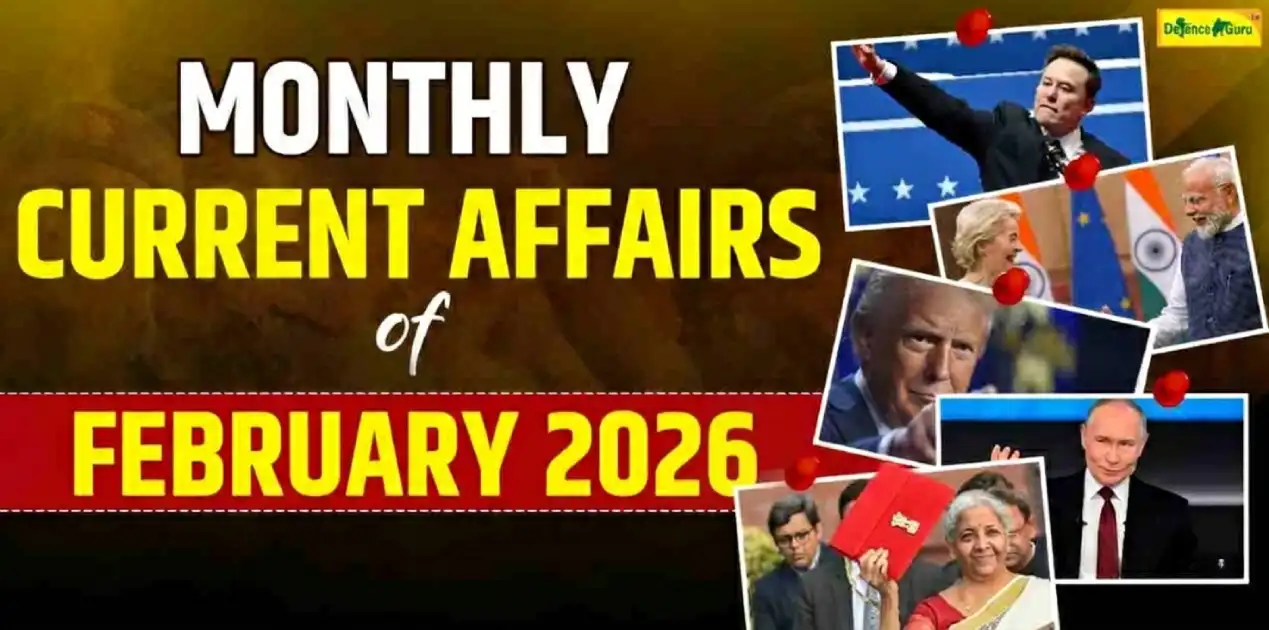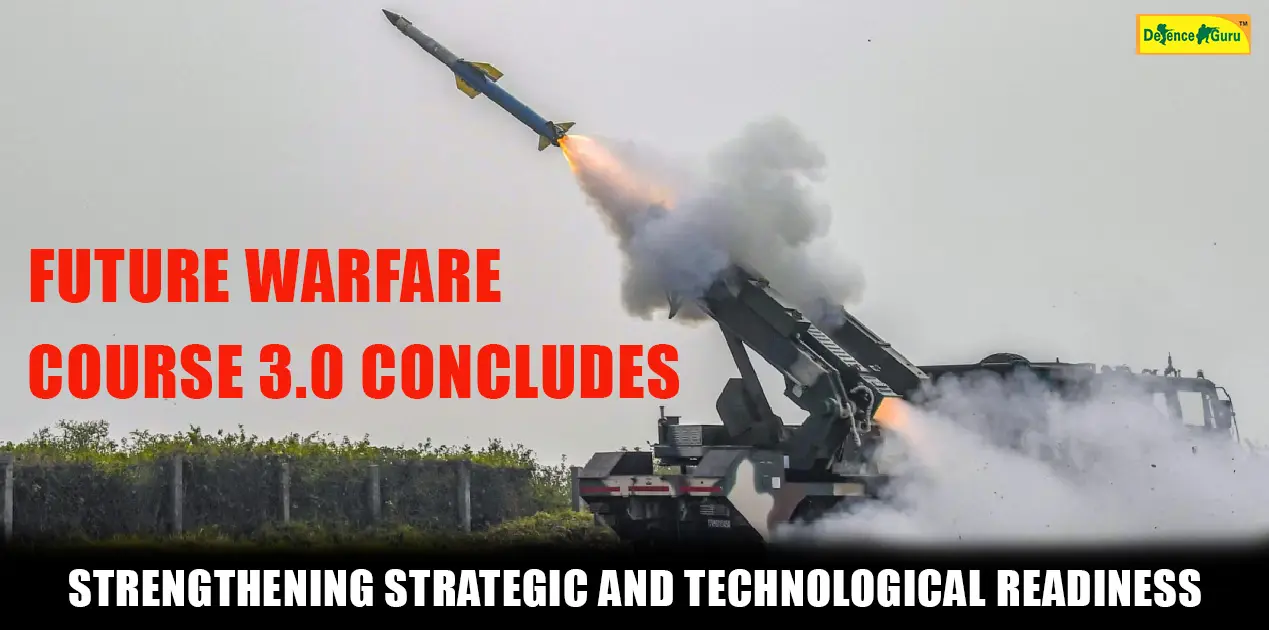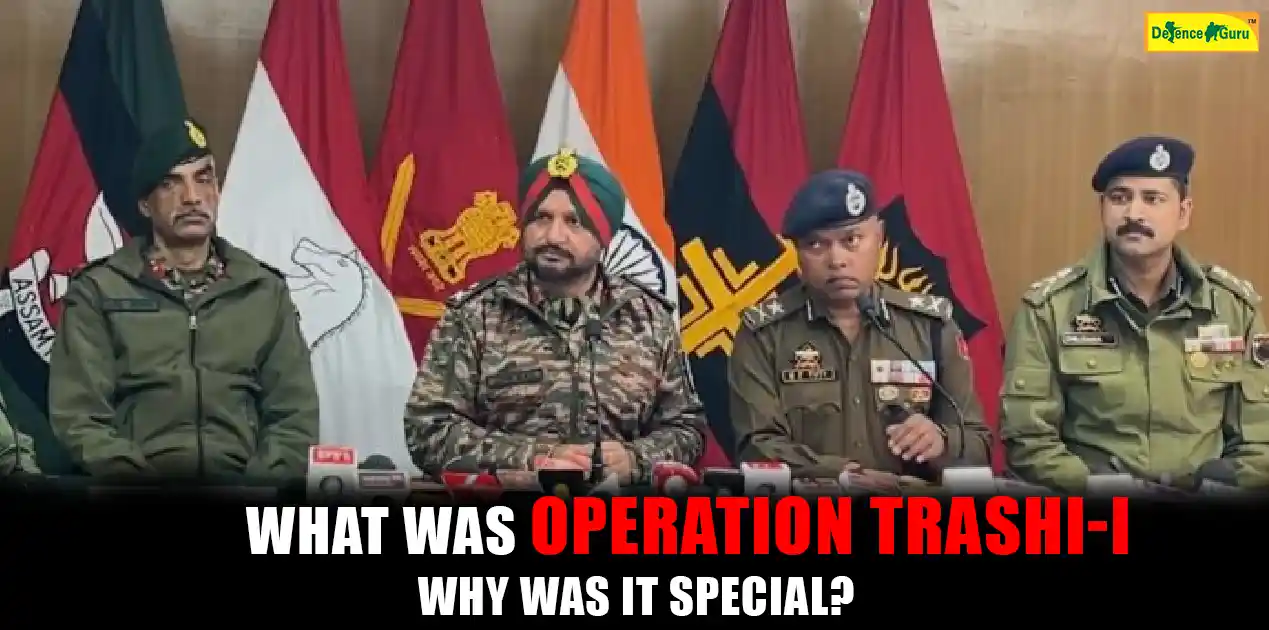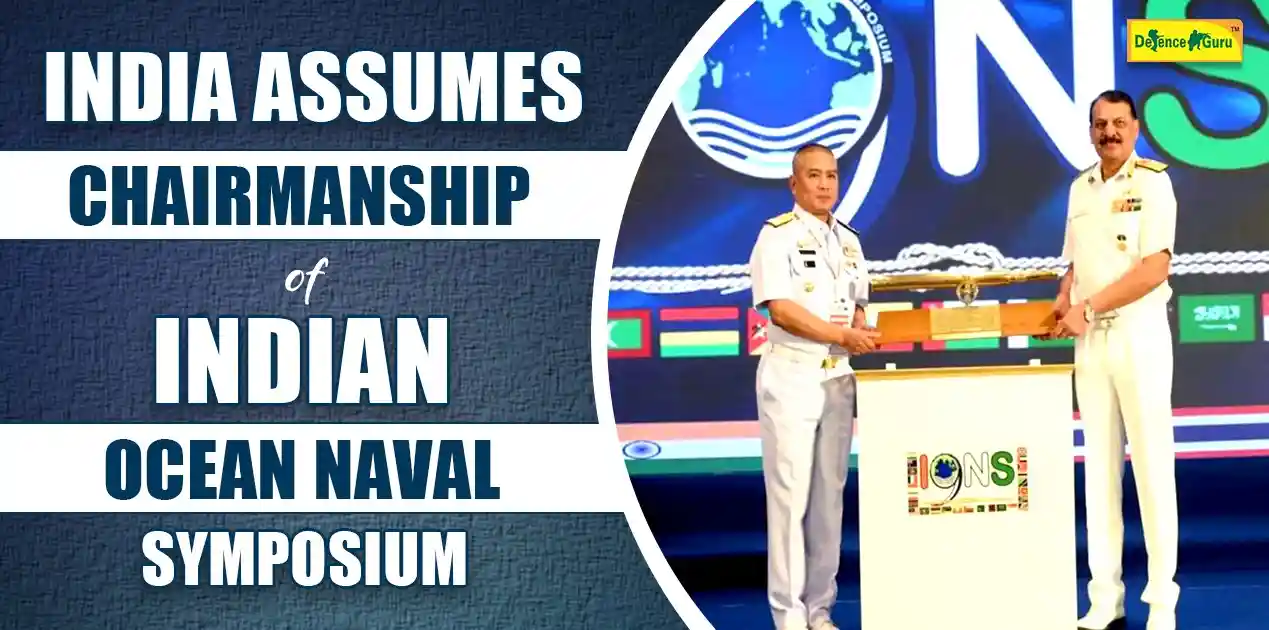On December 11 the Constitutional Bench of the Supreme Court of India under the leadership of Chief Justice D.Y. Chandrachud struck down Article 370 declaring it as a ‘temporary provision’. In this article, we are going to discuss the historical background of Article 370 and its relevance. After the Supreme Court, the relevance of this topic has drastically increased and it is highly expected that there will be some questions on Article 370 in the upcoming examinations like NDA, CDS and AFCAT. This topic is a highly expected topic for SSB Interviews as well. This topic is the potential topic for SSB Lecturette and Group Discussion. And be prepared for questions on Article 370 in personal interviews as well.
History of Article 370
After the tribal invasion in Jammu and Kashmir in 1947, the Maharaja of Kashmir Shri Hari Singh had to sign an instrument of accession with India. Under this Instrument of Accession, the state of Jammu and Kashmir decided to merge with India. In the 1950s, Article 370 was drafted to fully integrate Jammu and Kashmir with India. Article 370 was a temporary provision in the Constitution of India that granted special status to the state of Jammu and Kashmir. The article was drafted by Sheikh Abdullah, the then Prime Minister of Jammu and Kashmir, and was incorporated into the constitution on October 26, 1949. Article 370 exempted Jammu and Kashmir from the Indian constitution except for the provisions related to defence, foreign affairs, finance and communication. This meant that the state had its own constitution, flag and head of state. Even Indian Laws passed by the parliament of India had limited applicability in the state of Jammu and Kashmir except in matters of International Relations, External Security and Communications. India Laws passed by the Indian Parliament required consent of the assembly of Jammu and Kashmir for the applicability of the law passed by the Indian Parliament. The article was controversial from the beginning. Some people argued that it was necessary to protect the special status of Jammu and Kashmir, while others argued that it was discriminatory and prevented the state from fully integrating with India.
What is Article 35-A and its relation with Article 370?
Article 35-A was the one article of the Indian Constitution that was removed along with Article 370 in 2019. Article 35-A used to provide special status to the people of Jammu and Kashmir (including the present union territory of Ladakh). This special status to the people of Jammu and Kashmir was given in 1954 with the presidential order. This article empowers the president of India to make certain “exceptions and modifications” to the Constitution for the benefit of ‘State subjects’ of J&K. Article 35-A provides certain reservations to the people of Jammu and Kashmir with regard to employment, purchase of immovable property in Jammu and Kashmir, and some government aid.
Abrogation of Article 370 and Its Effect
On August 5 2019, Article 370 and Article 35-A were removed from the Indian Constitution by the presidential order signed by former president of India Shree Ram Nath Kovind. This abrogation marked the end of the special status of the state of Jammu and Kashmir. This step was hailed as a great step towards the unity and integrity of India. The J&K (Reorganisation) Act 2019 bifurcated J&K into two UTs - J&K was a UT with a Legislative Assembly; Ladakh was without an Assembly. This decision created much international hue and cry. Pakistan which opposed the abrogation of Article 370, had ended Diplomatic Relations with India including breaking trade relations between India and Pakistan.
Effects of Abrogation of Article 370
Abrogation of Article 370 created not only political changes but also many social and economic changes in the society of Jammu and Kashmir. The range of changes witnessed by Jammu and Kasmir after the abrogation of Article 370 have been discussed below-
1. Bifurcation of Jammu and Kashmir
The state of Jammu and Kashmir was bifurcated in two union territories i.e. Union Territory of Jammu Kashmir and Union Territory of Ladakh. This step marked the fulfilment of long awaited demands of the people of Ladakh.
2. Reducation in Unlawful Activities Including Stone Pelting
After the Abrogation of Article 370, the number of law and order and security-related issues reduced significantly. Jammu and Kashmir which was famous for unlawful activities such as stone pelting and targeting Indian Security Forces.
3. Economic Development in Jammu and Kashmir
Jammu and Kashmir has witnessed a period of peace and good conditions of law and order. A peaceful environment and good law and order is prerequisite for economic development in any place. Now, the youth of Jammu and Kashmir have so many opportunities to make their careers. Big Industries are also setting up their business in Jammu and Kashmir.
4. A sense of unity and integrity in the minds of the people of Jammu and Kashmir
Now, the People of Jammu and Kashmir have a feeling of Indianness in their minds because they do not have the perception of ‘others.’. This decision of abrogation of Article 370 has allowed a common citizen of India to purchase land and marry any Indian without losing any rights awarded by the Indian constitution. This feeling has strengthened the unity and integrity of India both constitutionally and socially.
Recent Supreme Court Judgement on Article 370
The Supreme Court of India yesterday upheld the constitutional validity of the abrogation of Article 370. This judgement was delivered after thorough proceedings in the Supreme Court of India. The Supreme Court’s Constitutional bench comprising CJI DY Chandrachud, Justices Sanjay Kishan Kaul, Sanjiv Khanna, BR Gavai, and Surya Kant held that the Constitution (Application to Jammu & Kashmir) Order, 2019, also known as the CO 272 order, was ultra vires insofar as it modified Article 370(3) through an amendment made to Article 367. The court stated that the President had the power to unilaterally issue a notification under Article 370(3) declaring that Article 370 shall cease to exist.
Read More:
Major Facts About Uttarkashi Tunnel Rescue for SSB Interview

